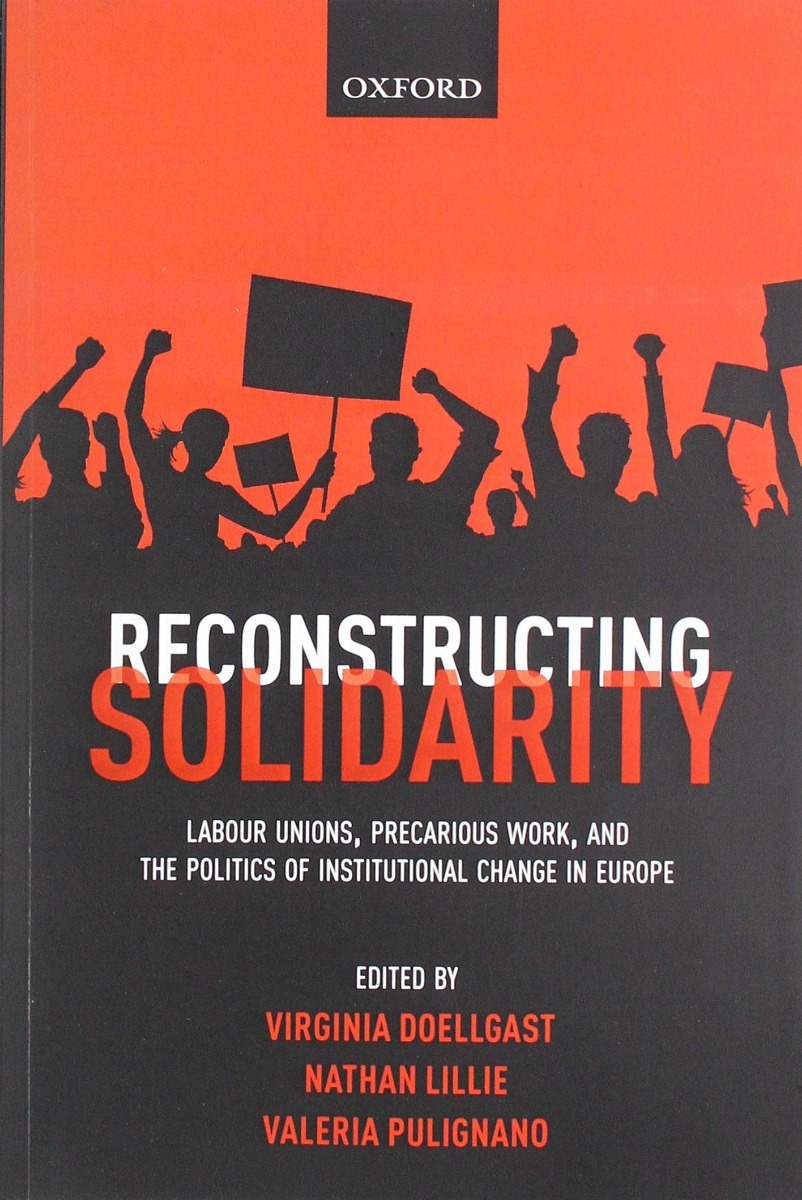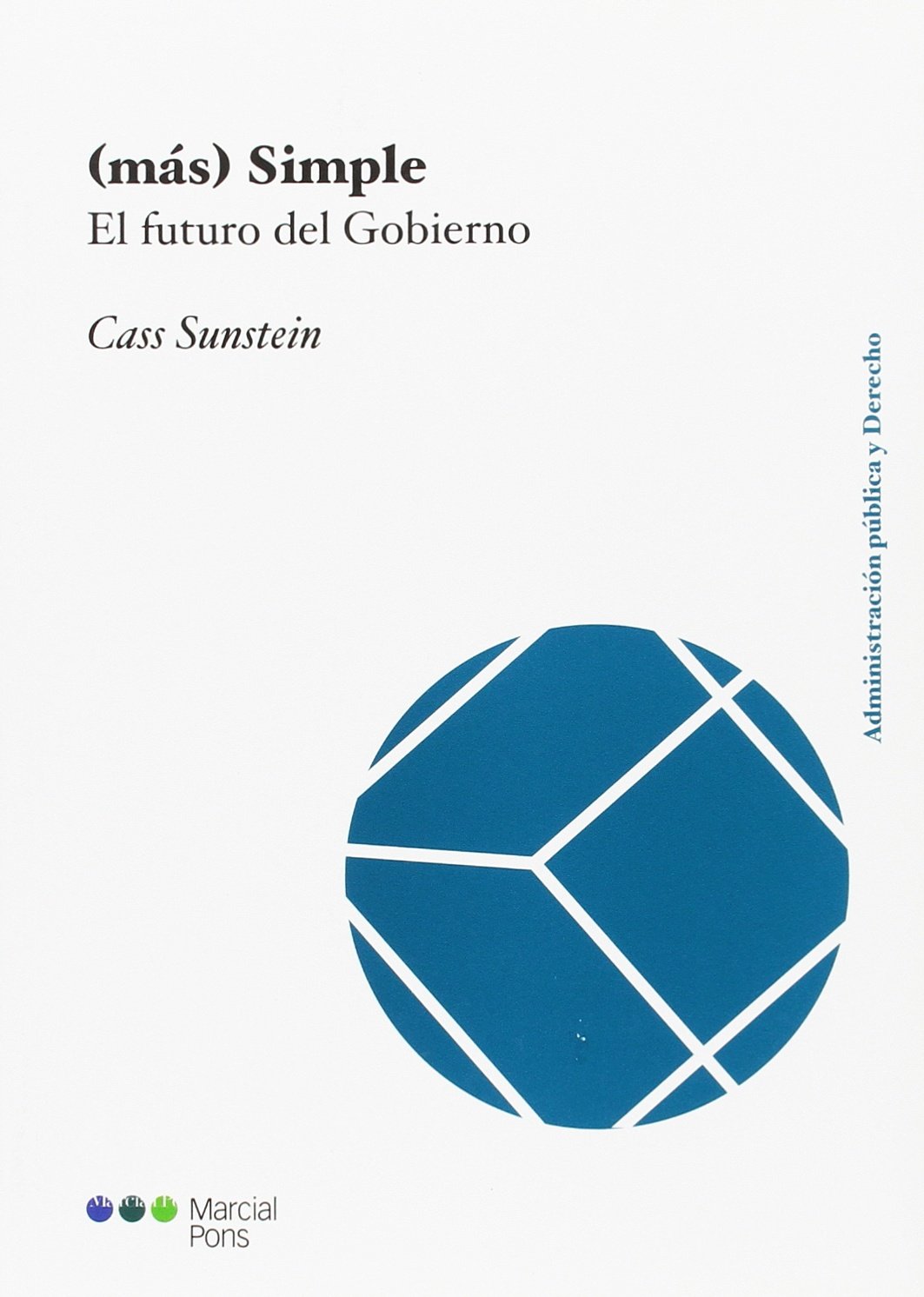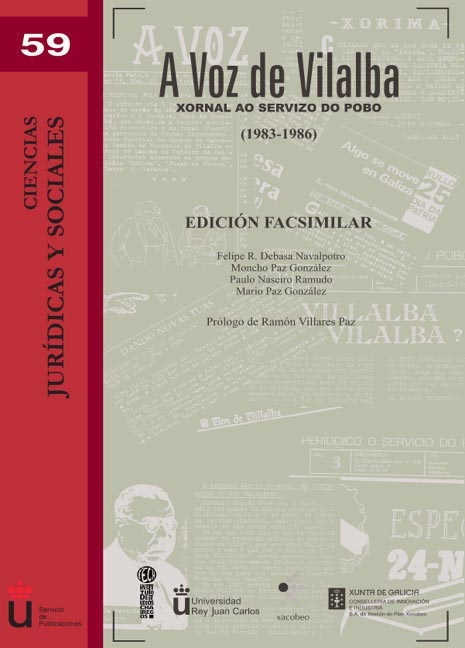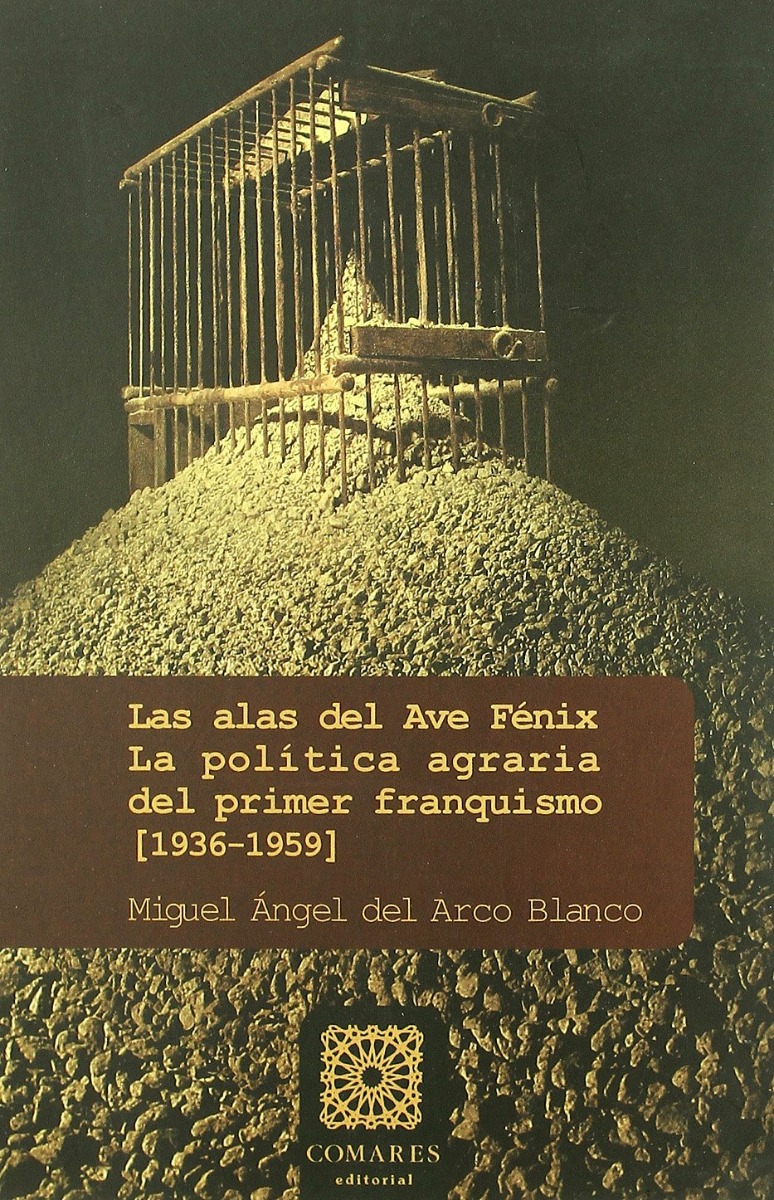Edited by Virginia Doellgast, Associate Professor of Comparative Employment Relations, The ILR School, Cornell University, USA, Nathan Lillie, Professor of Social and Public Policy, Department of Social Sciences and Philosophy, University of Jyväskylä, Finland, and Valeria Pulignano, Professor of Sociology of Labour and Industrial Relations, Centre for Sociological Research, KU Leuven, Belgium
Edited by Virginia Doellgast, Associate Professor of Comparative Employment Relations, The ILR School, Cornell University, USA, Nathan Lillie, Professor of Social and Public Policy, Department of Social Sciences and Philosophy, University of Jyväskylä, Finland, and Valeria Pulignano, Professor of Sociology of Labour and Industrial Relations, Centre for Sociological Research, KU Leuven, Belgium
Virginia Doellgast is Associate Professor of Comparative Employment Relations at Cornell University’s School of Industrial and Labor Relations. Her research focuses on the impact of collective bargaining and labour market institutions on inequality, job quality, and worker voice. Past projects include comparative studies of organizational and work restructuring in the European and US telecommunications and call centre industries. She is the author of Disintegrating Democracy at Work: Labor Unions and the Future of Good Jobs in the Service Economy (Cornell University Press, 2012).
Nathan Lillie is Professor of Social and Public Policy at the University of Jyväskylä, Finland. His research relates to migration and posted work, free movement in the European Union, and trade union strategies. Past projects include an ERC-funded multi-country study on industrial relations around posted work. In his current project, Protecting Mobility through Improving Labour Rights Enforcement in Europe, he is working together with stakeholders on improving labour protection and access to industrial democracy for posted workers.
Valeria Pulignano is Professor in Sociology of Labour and Industrial Relations, and Scientific Coordinator of CESO at KU Leuven. Her research focuses on the changing nature of employment (industrial) relations and labour markets and its implication for workers voices. She examined the transformations of labour markets and employment (industrial) relations and its impact on workers’ representation, working conditions, and job quality in Europe. Projects include change in production and work organization in the auto industry; transnational labour coordination and solidarity; employment relationships in MNCs; corporate restructuring and trade unions; flexibility and employment security; and dualisation and inequality in labour markets. She co-edited (with James Arrowsmith) The Transformation of Employment Relationships (Routledge, 2013).
Dominique Anxo, Professor of Economics, Department of Economics and Statistics, and Director of the Centre of Ageing and Lifecourse Studies, Linnaeus University, Sweden
Branko Bembic, PhD candidate, Faculty of Arts, University of Ljubljana, Slovenia
Chiara Benassi, Lecturer and ESRC Future Research Leader Fellow, King’s College London, UK
Carlotta Benvegnù, PhD student, University of Padua, Italy, and at the University of Paris 8, Saint-Denis, France
Erka Çaro, Researcher and Lecturer, Department of Geography, University of Tirana, Albania
Sonila Danaj, Researcher, Researcher at the European Centre for Social Welfare Policy and Research, Vienna, Austria
Lisa Dorigatti, Post-Doctoral Fellow, Department of Social and Political Sciences, University of Milan, Italy
Virginia Doellgast, Associate Professor of Comparative Employment Relations, Cornell University, New York, USA
Nadja Doerflinger, Postdoctoral Researcher, KU Leuven, Belgium
Jérôme Gautié, Professor of Economics, University Paris 1 Panthéon-Sorbonne, France
Ian Greer, Senior Research Associate, Cornell University, New York, USA
Damian Grimshaw, Professor of Employment Studies and Director of the European Work and Employment Research Centre, Alliance Manchester Business School, University of Manchester, UK
Bettina Haidinger, Senior Researcher, Working Life Research Centre, Vienna, Austria
Jane Holgate, Professor of Work and Employment Relations, Leeds University Business School, UK
Kairit Kall, PhD Student, Tallinn University, Estonia, and at the University of Jyväskylä, Finland
Nathan Lillie, Professor of Social and Public Policy, University of Jyväskylä, Finland
Malgorzata Maciejewska
Laura Mankki, PhD Candidate, University of Jyväskylä, Finland
Stefania Marino, Senior Lecturer, University of Manchester, UK
Adam Mrozowicki, Assistant Professor, University of Wroclaw, Poland
László Neumann, Senior Research Fellow, Institute for Political Science, Hungarian Academy of Sciences, Budapest, Hungary
Valeria Pulignano, Professor of Sociology of Labour and Industrial Relations and Chair of the Center for Sociological Research, KU Leuven, Belgium
Bjarke Refslund, Postdoctoral Researcher, Aalborg University, Copenhagen, Denmark
Devi Sacchetto, Associate Professor of Sociology of Labour, Padua University, Italy
Barbara Samaluk, Leverhulme Trust Early Career Fellow, Work and Employment Research Unit, University of Greenwich Business School, London, UK
Markku Sippola, University Lecturer, School of Social Sciences and Humanities, University of Tampere, Finland
Miroslav Stanojevic, Professor of Industrial Relations and Comparative Industrial Relations, Faculty of Social Sciences, University of Ljubljana, Slovenia
Maite Tapia, Assistant Professor, School of Human Resources and Labor Relations, Michigan State University, East Lansing, USA
Charles Umney, Lecturer, Leeds University Business School, UK
Steven Vallas, Professor of Sociology, Northeastern University, Boston, USA
Ines Wagner, Senior Research Fellow, Institute for Social Research, Oslo, Norway
Claudia Weinkopf, Associate Director of IAC, University of Duisburg-Essen, Germany









